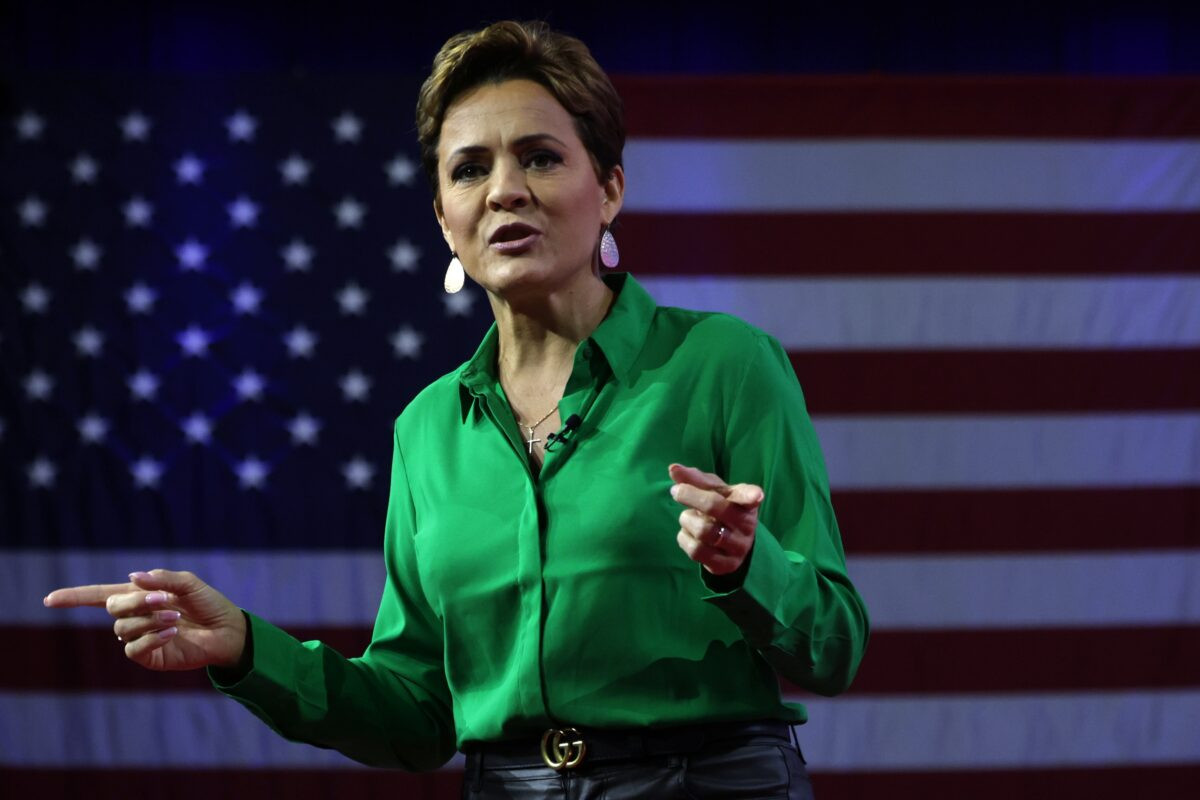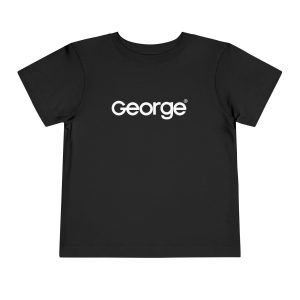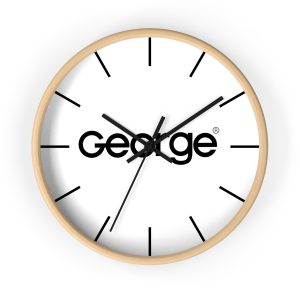

Republican Kari Lake, who has been contesting the results of last year’s Arizona gubernatorial election, teased that a “big announcement” is coming after a judge on Monday ruled against her in a signature verification lawsuit and confirmed that her Democrat rival for Arizona governor had won.
“Big announcement tomorrow!” Lake said in a post on Twitter late Monday, which came after an Arizona judge said in a ruling earlier in the day that Lake’s legal team failed to provide enough evidence that Maricopa County did not verify signatures on mail ballots in accordance with the law.
Lake’s campaign team’s Twitter account—Kari Lake War Room—made a similarly cryptic statement, suggesting Lake would continue the fight in some form or other.
“If you had something precious taken from you. How hard would you fight to save it?” the account wrote. “Big News Coming Tomorrow.”
While it’s unclear what the announcement may be, there has been speculation on social media that Lake could be teasing a possible appeal of the legal challenge that Maricopa County Superior Court Judge Peter Thompson ordered dismissed.
Lake’s lawsuit stemmed from concerns that the process of signature verification in the Arizona gubernatorial race during the 2022 midterm election was carried out in violation of state statutes.
Election data from the November 2022 election shows that Lake was behind Democrat Katie Hobbs—who has since been declared Arizona governor—by about 17,000 votes.
Lake and her legal team argued there was a flood of mail-in ballots in Maricopa County at a time when there were too few workers to verify ballot signatures properly.
Her lawyers contended that there was evidence that lower-level screeners who found inconsistencies in signatures ran them up the chain of command, where they were ignored by higher-level verifiers.
They also said that some 274,000 signatures were compared in less than two seconds each, arguing that this wasn’t enough to meet the legal standard for proper verification.
So Lake sued Hobbs, along with Secretary of State Adrian Fontes and Maricopa County election officials, requesting last year’s election results be thrown out or that she be declared the winner.
But in a decision issued on Monday, Maricopa County Superior Court Judge Peter A. Thompson ruled against Lake, arguing that her team provided insufficient evidence to back their claim and that the short time spent on verifying each signature wasn’t relevant and so didn’t amount to a violation of the law.
Thompson also wrote in the ruling that the order amounts to “confirming the election of Katie Hobbs as Arizona Governor.”
Lake’s attorneys said the county ultimately accepted thousands of ballots that had been rejected earlier by workers for having mismatched signatures.
“There’s simply no way to review signatures with respect to procedures,” Kurt Olsen, one of Lake’s attorneys, said at trial, according to The Associated Press.
Based on Maricopa County data that was analyzed by expert witness Erich Speckin, Olsen said that “approximately 274,000 ballots out of 1.3 million cast were compared and signature verified, purportedly, in less than three seconds a ballot. Seventy thousand in less than two seconds a ballot.”
“That’s not signature comparison” as defined by Arizona statute, Olsen contended.
Lake’s campaign team also shared a video of what appears to be a signature reviewer clicking through signatures quickly, about one per second, suggesting that the reviewers weren’t “treating the integrity of your vote with the respect it deserves.”
During the trial’s closing arguments, Maricopa Attorney Thomas Liddy rejected Olsen’s conclusions based on Speckin’s calculations.
“There’s no competent, mathematical calculation whatsoever to conclude that a sufficient number—even one ballot—was improperly counted, let alone that there’s a sufficient number of votes improperly counted so as to affect the election’s outcome were even rendered uncertain,” Liddy said.
In his ruling, the judge acknowledged Speckin’s expert testimony, saying that Speckin testified about “what he believed to be necessary for signature verification in his line of work.”
However, the judge said that there is no statutory or legal requirement that a specific amount of time needs to be applied to verifying signatures.
“Giving all due weight to Mr. Speckin’s signature verification expertise, his analysis and preferred methodology is not law, and a violation of law is what Plaintiff was required to demonstrate,” he wrote.
“Accepting that argument would require the court to re-write not only the [Election Procedures Manual] but Arizona law to insert a minimum time for signature verification and specify the variables to be considered in the process,” the judge added.
Reynaldo “Rey” Valenzuela, the Maricopa County director of elections, said that over 150 people reviewed the signatures and that a total of four levels of signature verification took place.
“Mr. Valenzuela testified that the final canvass was accurate,” Thompson wrote in the ruling. “No clear and convincing evidence, or even a preponderance of evidence, contradicts him.”
Hobbs has not publicly commented on the ruling.
Craig Morgan, an attorney representing the Arizona secretary of state, one of the other defendants, called it a “victory for Arizona, our election processes, and voters across the state.”
“Arizona’s elections are safe, secure, and reliable, and those who help facilitate Arizona’s elections are honest, have the highest integrity, and are committed to the preservation of our democracy,” Morgan told AZ Central.
Maricopa County Board of Supervisors Chairman Clint Hickman, a Republican, told AZ Central that the verdict was a reflection of insufficient evidence brought forward by Lake’s team.
“When ‘bombshells’ and ‘smoking guns’ are not backed up by facts, they fail in court,” he told the outlet. “This is justice, and this is what happened today in Kari Lake’s election contest.”
Last week’s trial is the second that has been brought in Lake’s election-related challenge.
The Associated Press and Jack Phillips contributed to this report.




Discount Applied Successfully!
Your savings have been added to the cart.